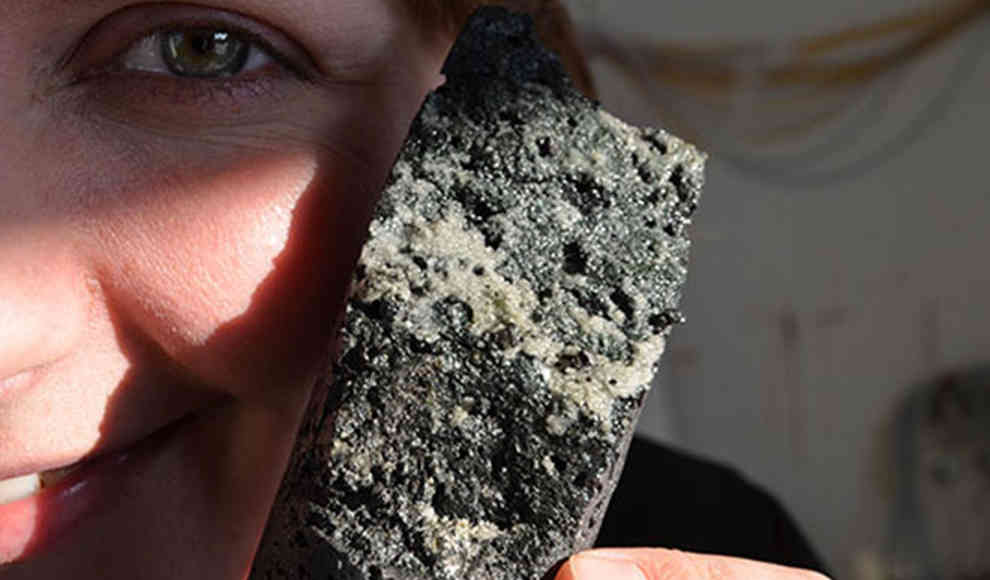A pilot project in Iceland is attempting to turn CO2 emissions into stone and store them in the ground long-term, rather than simply minimizing their release. The process involves dissolving the greenhouse gas in water and pumping it into porous basalt rock, where it quickly turns into carbonate rock. The pilot project has shown promising results, offering a potential solution to the slow progress of global climate change efforts. While carbon capture and storage (CCS) has been proposed as a solution, concerns remain about the safety of underground gas storage. However, researchers at the University of Southampton have found an alternative method of storing CO2 by turning it into rock. The process involves dissolving CO2 in water and combining it with silicate rock to form carbonate, a process that has previously taken hundreds to thousands of years. However, the pilot project in Iceland has shown that the process can be significantly accelerated, with between 95 and 98 percent of CO2 mineralized within two years.
The pilot project was conducted at the Reykjavik Energy Hellisheidi geothermal power plant in 2002, where researchers pumped 250 tons of CO2 dissolved in water into porous basalt rock 400 to 800 meters deep. The gas was marked with radioactive C-14 carbon and hydrogen sulfide, and samples were taken from eight boreholes in the surrounding area over the next few months to determine the remaining gas content. The results showed that between 95 and 98 percent of the CO2 had been mineralized within two years, with further evidence provided by core samples from the underground rock. The process offers a safe and effective method of storing CO2, with no risk of gas leaks or emissions. However, the process requires large amounts of water, with 25 tons needed for every ton of CO2, making it most suitable for areas with abundant water resources, such as coastal regions.
The potential of this method of CO2 storage is significant, particularly in areas with existing geothermal power plants, such as Iceland. Since 2014, 5,000 tons of CO2 have already been stored in basalt in Iceland each year. The process offers a promising solution to the challenges of carbon capture and storage, providing a safe and effective method of storing CO2 emissions long-term.










